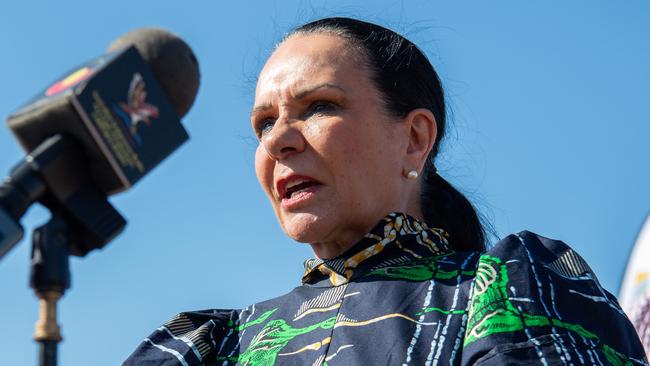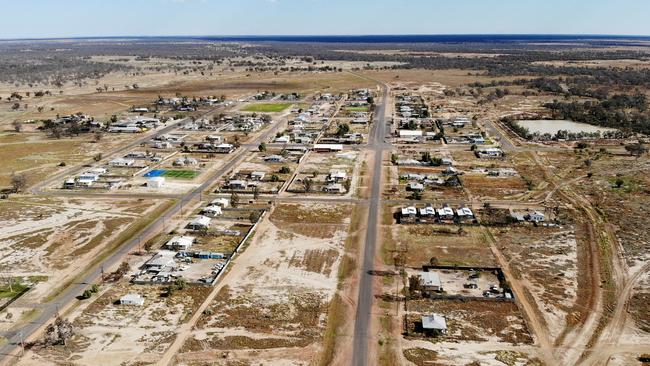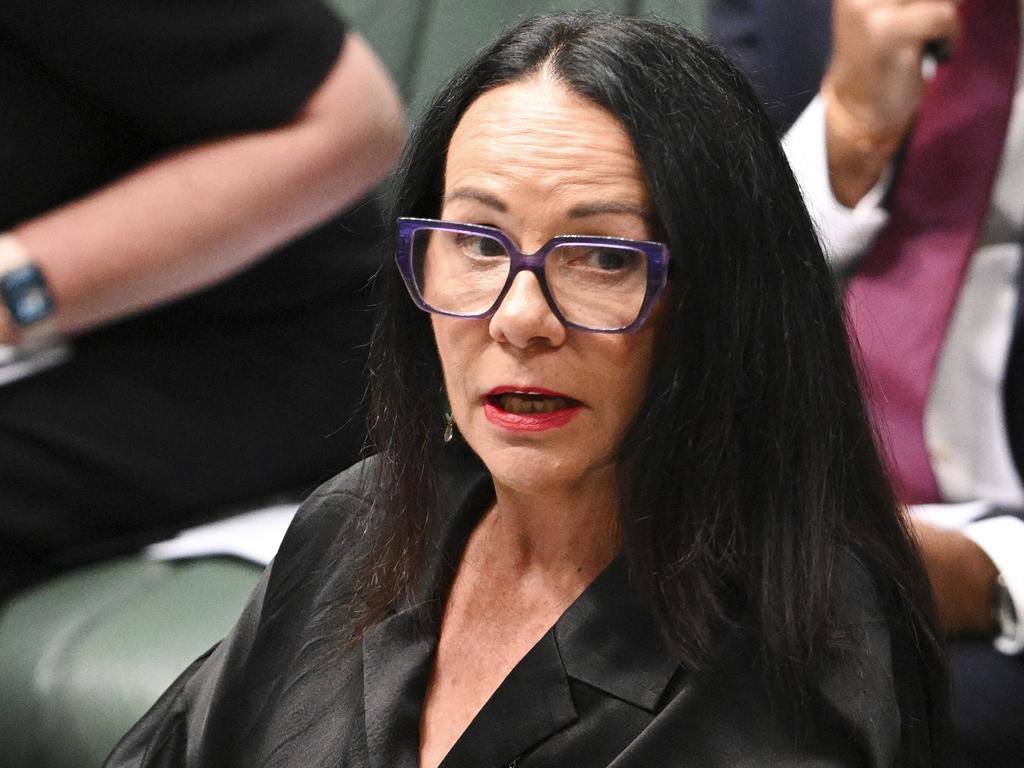Work for dole revived in hunt for ‘real jobs’
Mutual obligation will be reintroduced in a revived work-for-the-dole scheme that was intended to steer 40,000 Indigenous Australians towards meaningful activities but has been voluntary for three years.

Mutual obligation will be reintroduced in a revived work-for-the-dole scheme that was intended to steer 40,000 Indigenous Australians towards meaningful activities but has been voluntary for the past three years.
The Australian understands only about one in four “participants” in the federal work-for-the dole scheme are doing any approved work or activities in exchange for fortnightly benefits.
The scheme, called the Commonwealth Development Program, is virtually dormant in many of the 1000 communities where it technically operates.
Indigenous Australians Minister Linda Burney told The Weekend Australian that leaders in remote communities were telling her they wanted the new scheme to have mutual obligations.
“One of the really strong principles of Aboriginal culture is reciprocity. I get the very strong sense that part of the desire for mutual obligations goes to that notion of reciprocity. Of course, the ultimate mutual obligation is real jobs, and you’ve got to turn up to get paid,” Ms Burney said.
“But what we’re seeing in some communities is very few people turning up for the CDP, because there is no financial obligation and it is voluntary, and that’s not good. That’s not healthy.”
The program is being redesigned in consultation with remote communities and will no longer operate in big regional centres or cities where Indigenous communities have told the government they want their people to find jobs in the mainstream economy.
Ms Burney said there were many jobs that CDP participants could do in remote Aboriginal towns and communities, including improving the amenity of their streets and public places. They could create parks and playgrounds, for example. They could tend a local cemetery.
Ms Burney said the unpaid work of family carers could become a recognised activity in the new CDP. There was also scope for people to become qualified carers in the new remote jobs pilot to launch next month. While the scheme pays participants for what is supposed to be 20 hours of activity a fortnight, the new pilot will ultimately create 3000 permanent jobs with mainstream conditions such as holiday pay, workers compensation and superannuation.
“There are lots of people that have been carers for forever, because there is such a level of disability in some communities. Why wouldn’t you recognise those people?” Ms Burney said.
CDP was dogged by serious problems since its inception in part because it was centralised and found to be overly punitive.

The scheme imposed strict requirements on Indigenous people in remote areas, many of whom spoke English as a second or third language, or did not have reliable access to a mobile phone or internet to enable them to comply with reporting requirements. The result was that thousands of remote Indigenous participants were “breached” in some form and went without income for up to eight weeks.
The Australian has been told many participants were so overwhelmed by the bureaucracy of CDP, they dropped out altogether and became a burden on relatives who did have incomes.
CDP ran into strife in 2019 when the Ngaanyatjarra people of the central deserts took the federal government to court, claiming the scheme was discriminatory. After mediation, the government paid the Ngaanyatjarra people $2m.
The number of CDP participants who are placed in jobs with mainstream employers remains very low. In 2019-20, there were 1725 job placements through CDP though only 475 of those lasted 26 weeks or more. In 2022-23, 1924 CDP participants were placed in mainstream jobs and 603 of those lasted 26 weeks or more.
While Ms Burney agreed that mutual obligations must be part of the recast work-for-the-dole scheme, it was important to be careful about how this was done.
“It needs to be suitable for the programs and the communities where that’s going to be implemented – I don’t want to see people getting breached because they’ve got cultural or ceremonial responsibilities,” she said.
“Those things have to be factored into participation.
“Previously, there were an outrageous number of people getting breached because they were fulfilling their responsibilities culturally, whether it was carrying or sorry, camps or things like that.
“And that can take a person away for two weeks, sometimes more. And you are required to be there. That’s your responsibility as a First Nations person.”






To join the conversation, please log in. Don't have an account? Register
Join the conversation, you are commenting as Logout